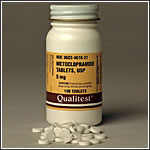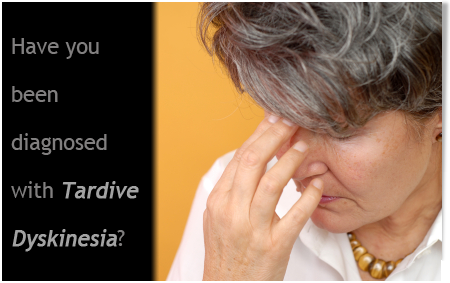The long-range prognosis for tardive dyskinesia varies considerably from patient to patient. Some people bounce back to their former selves after they have stopped taking the drug which caused the tardive dyskinesia; these people may show no symptoms that they ever had tardive dyskinesia. Other people are not so fortunate.
Age as factor in the recovery process
Older people are more prone to developing tardive dyskinesia and they are less likely
Some studies have found that people less 60 years old are three times more likely to spontaneously recover from tardive dyskinesia than people over 60 are. Older people are also likely to develop more severe symptoms.
Some researchers believe that older people are more subject to TD and less likely to recover spontaneously from it because their brains lack sufficient neurons (nerve cells) to provide “back-up” for the damaged areas. Younger people have more neurons available and thus their brains may be better able to function after being damaged by a tardive dyskinesia-inducing medication.
Is the severity of the symptoms a factor in recovery?
The symptoms of tardive dyskinesia can vary from mild to severe. Some mild symptoms may be barely noticeable. More severe symptoms such strong facial contortions and movements of the arms and legs are very obvious.
Do people with milder symptoms have a greater chance of recovery from tardive dyskinesia? There is no straight forward answer to this question. Some studies seem to indicate that milder symptoms may mean a greater chance of complete recovery, but experts are not in agreement on this. Many studies on tardive dyskinesia have studied a relatively small number of patients; this makes the information obtained more difficult to accurately interpret.
Experts do agree that complete recovery from tardive dyskinesia is generally slow. Symptoms may linger for two years or more. New forms of treatment seem to provide relieve for some people, but there are no definitive cures for tardive dyskinesia. The best prevention of tardive dyskinesia is still the use of extreme caution when a medication which can cause the condition is used.
The good news is that severe tardive dyskinesia is relative rare. Many people report that tardive dyskinesia does not severely impair their quality of life after taking Reglan.

